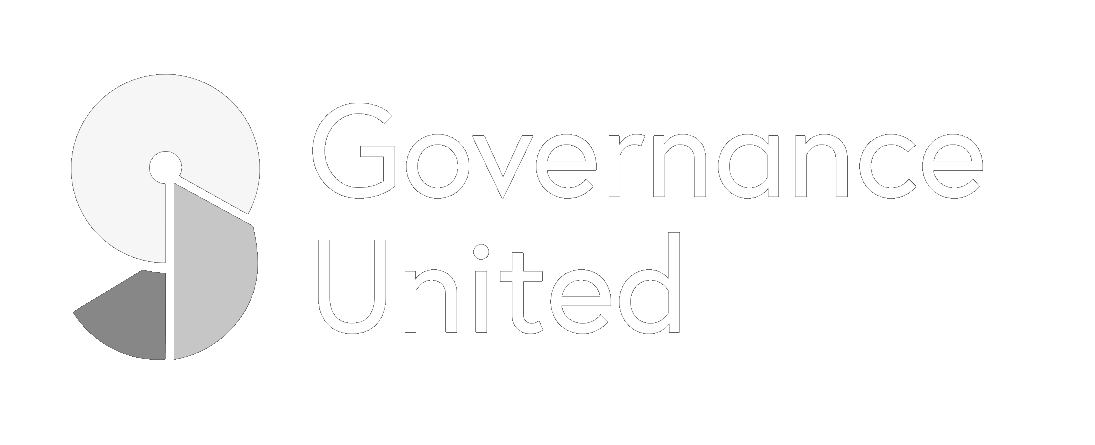It’s great news when you are appointed as a nominated director of a sports organisation. Nominated directors play a key role in sports organisations. They not only bring to the Board their specialist skills but also provide vital reassurance to sport members and other stakeholders that the Board is sufficiently connected to the sport itself and that there is an understanding of their issues and concerns. You now have an opportunity to influence your sport for good, to enable it to thrive and develop. . Congratulations!
However relatively swiftly you may find that the shine goes off the appointment. Those who nominated you may seem to expect something different to what the sports organisation is asking of you. The Code for Sports Governance hints at the potential problem: nominated directors provide a “useful conduit” between the Board and their “constituency” but as it emphasises that they have a paramount duty to act in the best interests of the organisation.
And it is here that the problems can arise. A nominated director may be perceived by those who nominated them as just such a conduit, representing their interests and concerns, but as a director of the sports organisation like any other director, the nominated director is bound by the full gambit of directors’duties. These include the statutory duties to promote the success of the company and to exercise independent judgement and three additional duties relating to conflicts of interest, namely to avoid conflicts of interest, to not accept benefits from third parties and to declare an interest in a proposed transaction or arrangement. On top of that the director will be bound by the duty of confidentiality which requires the director to use or disclose the company’s confidential information only for the benefit of the company. You can easily find yourself walking a precarious tightrope between what your constituency expects of you and what youare actually able to deliver.
So what can you do?
The first thing is to get your potential conflict of interests on the record. Obtain the correct form to put the interests on the Register of Interests, complete it and return it to the company – do this even if you think it must be obvious to all that as a nominated director you will potentially or actually have a conflict. It is an important formality; update it if a new conflict arises. Be careful if a new conflict arises or the board agenda includes a situation where an existing conflict will have an impact to formally notify this at the start of the agenda and if necessary seek the Chai’s guidance on whether you should not speak on the issue/not vote/ leave the meeting.
Next think through the potential situations where a problem could arise and find out the company has anticipated any of those issues. Get hold of a copy of the Articles of Association. They may provide “safe harbours” for nominated director which mitigate the impact of some of the duties. They may for instance provide pre-authorisation for certain conflict of interest situations, set rules for potential authorisation by the Board when specific conflicts arise, allow exceptions in specific circumstances to the duty to use independent judgement, and on confidentiality they may set out when reporting back to those who nominated can validly occur. If there is nothing that helps you there ask whether some form of pre-authorisation has been provided by Board or members resolution. If you find there is nothing in place talk to your fellow directors , particularly other nominated directors, find our if there is an appetite for making changes to deal with these issues.
Accept that some issues cannot be resolved by pre-authorisations and tread carefully if these arise eg it is not possible to authorise an exception to the “overarching duty” of promoting the success of the company for the benefit of its members as a whole, but you are able to take into account the interests of those who nominated you when deciding what is in the best interests of the company as long as you don’t prefer them.
Make sure that your nominator(s) understand your willingness to act as a conduit but that you have to be sensitive in your conduct as a Board member of the sports organisation as you are subject to directors’ duties. Make it clear in Board meetings when you are speaking as “a conduit” and if you think that your position on an issue could potentially affect your duties refer to the Chair and seek their guidance as to how you should proceed.
Categories:
Tags:



Comments are closed